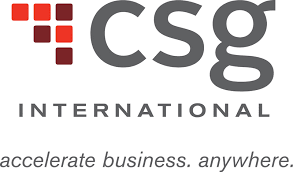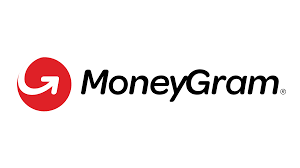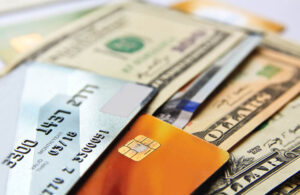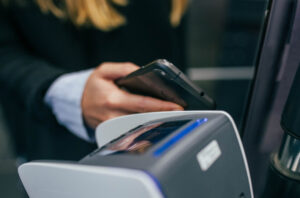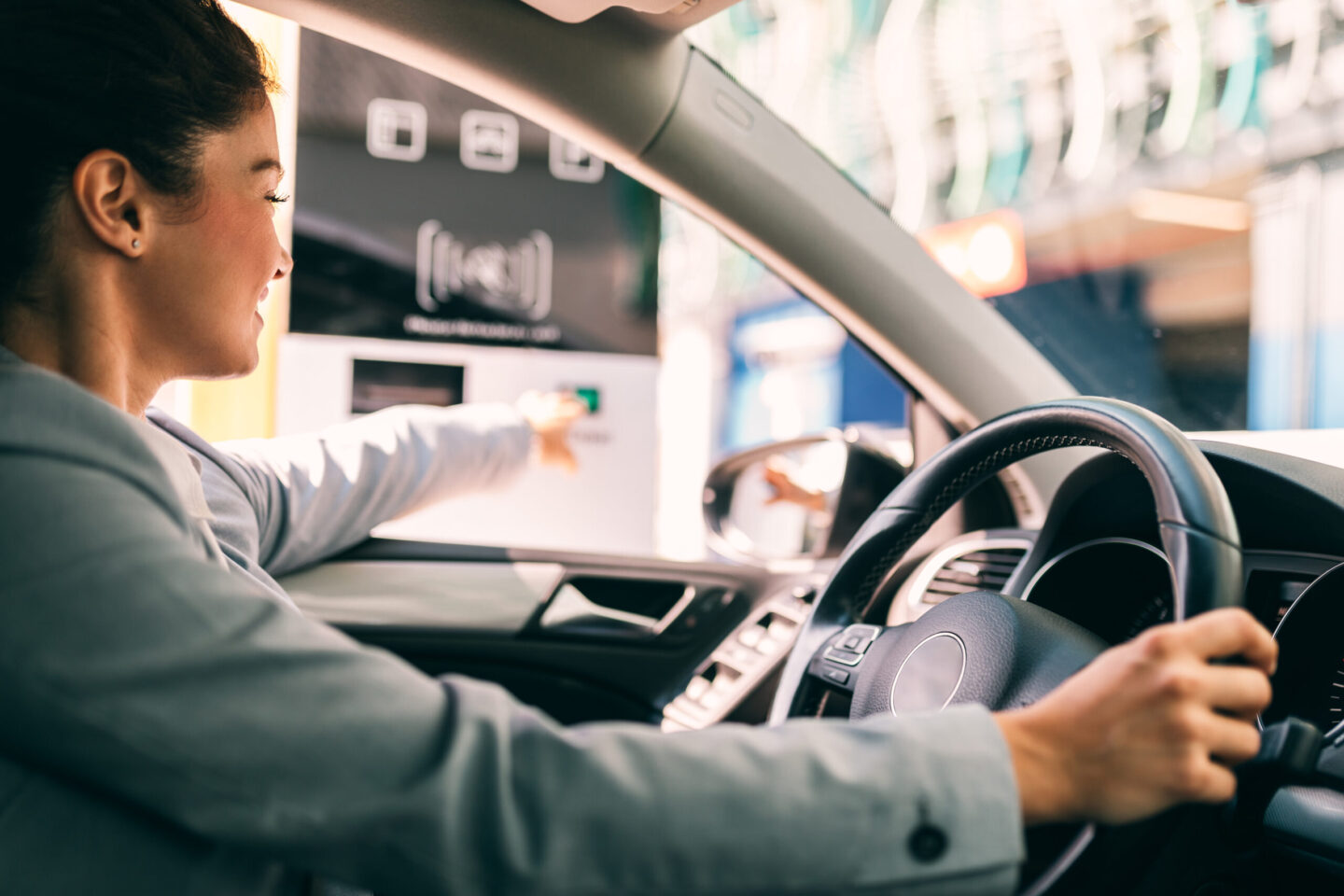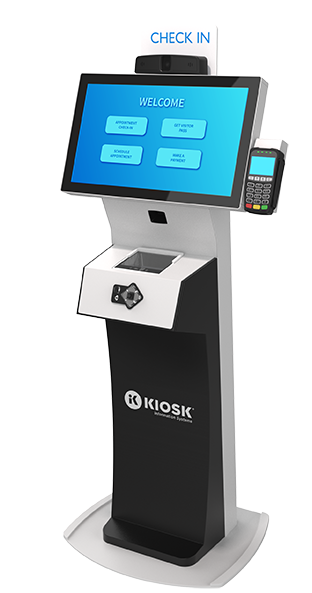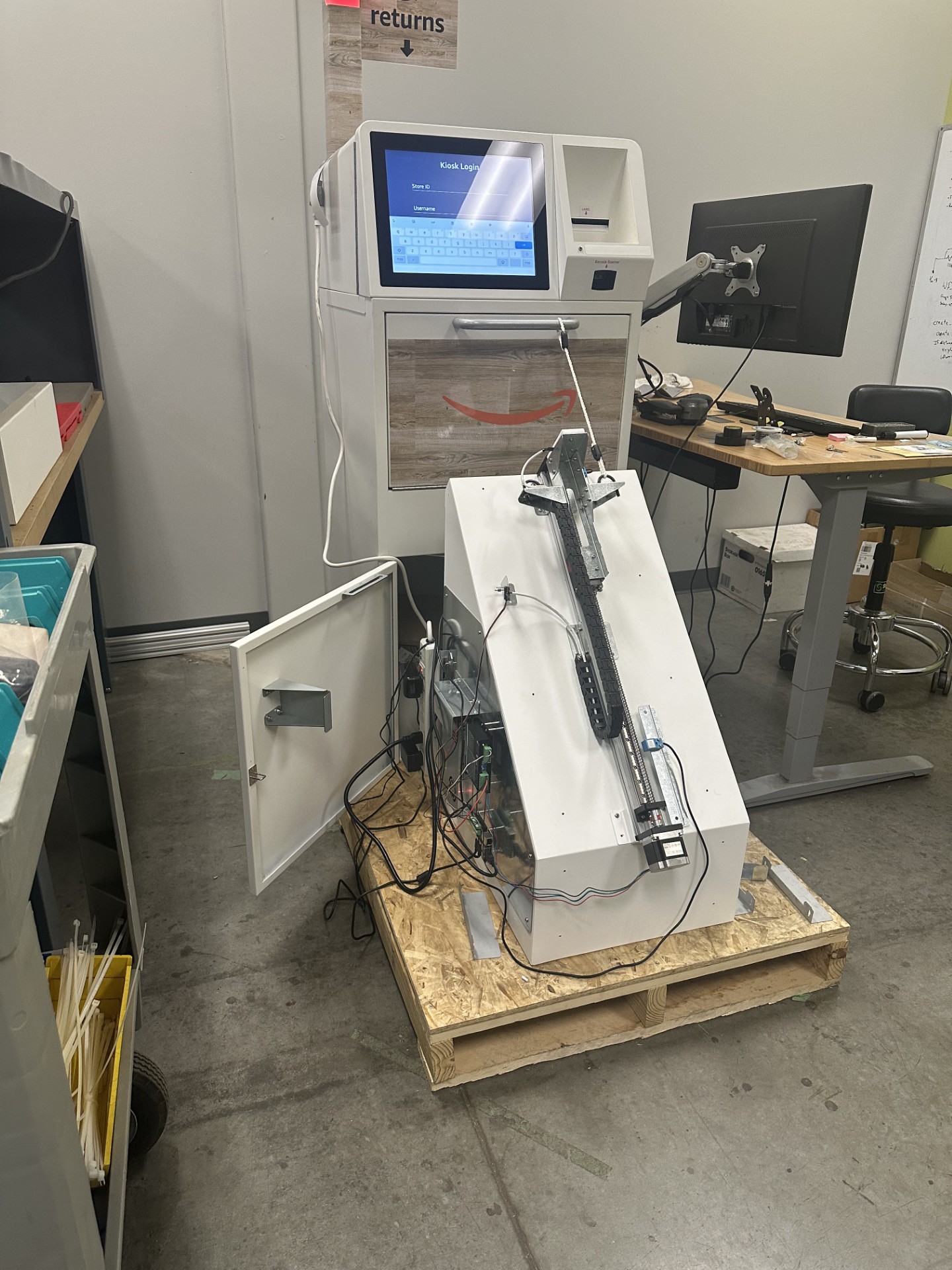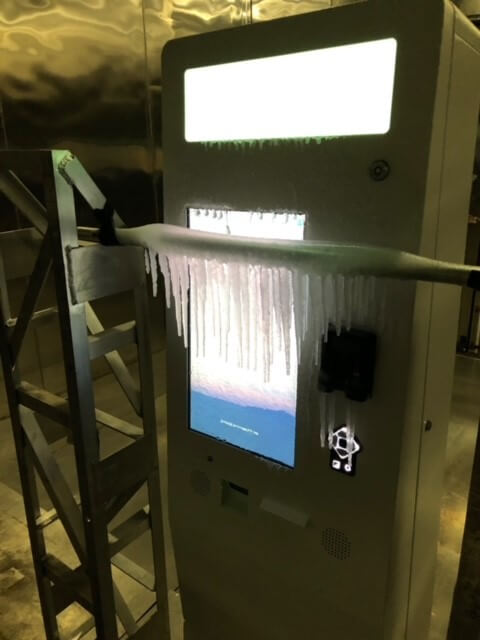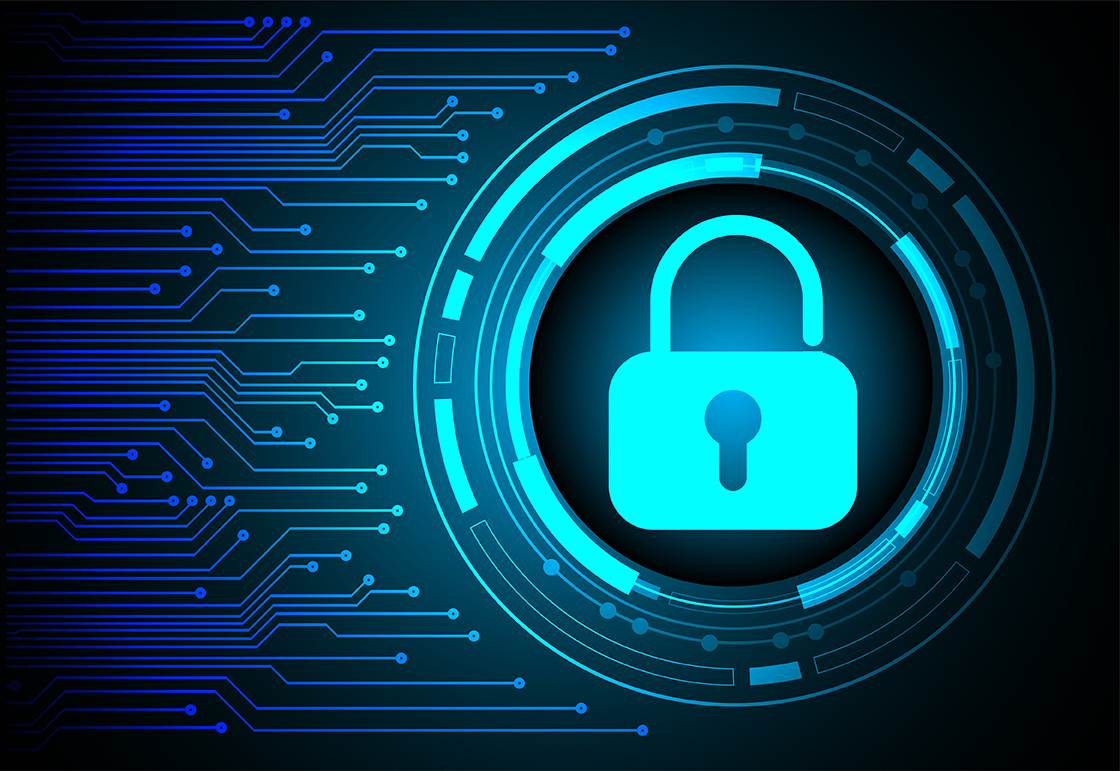Financial & Cryptocurrency Kiosks
Transactional platforms including Bitcoin Kiosks, Bill Pay Kiosks, and Money Wire Transfer Kiosks.
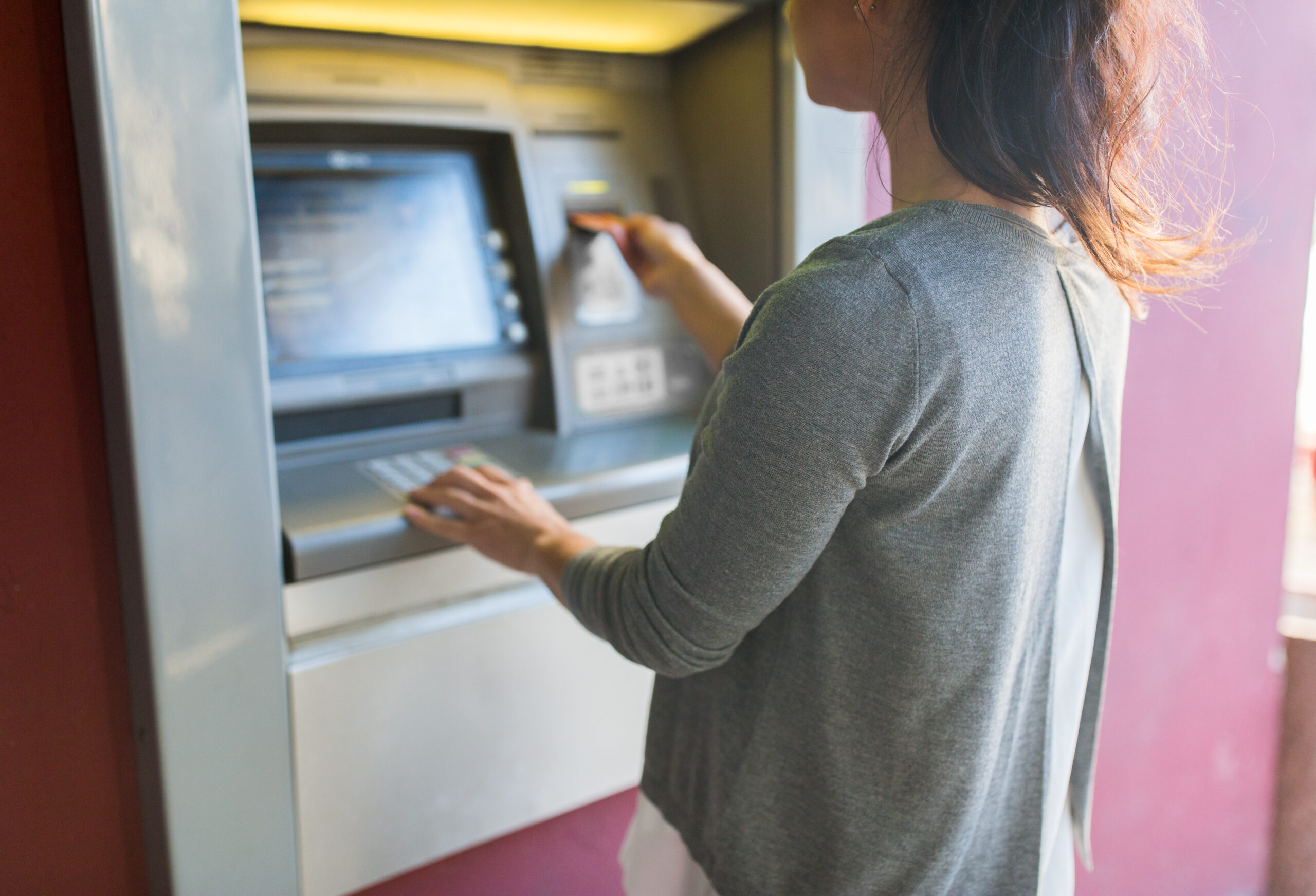
Financial & Cryptocurrency Kiosks Overview
Traditional ATM kiosks have paved an exceptional adoption path for complementary alternative financial services kiosks. While many transactions can be performed online and on mobile phones, a strong demand persists for in-person self-service platforms and cash handling.
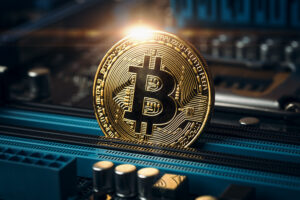
Bitcoin ATM
With the surge in interest and adoption of bitcoin, the demand for purpose-driven bitcoin ATM machines has also spiked. Customers are conducting self-serve cryptocurrency transactions in record numbers within convenience stores, gas stations, airports, and grocery stores.
Bitcoin ATM
Financial Service and Payment Brands We’ve Served


